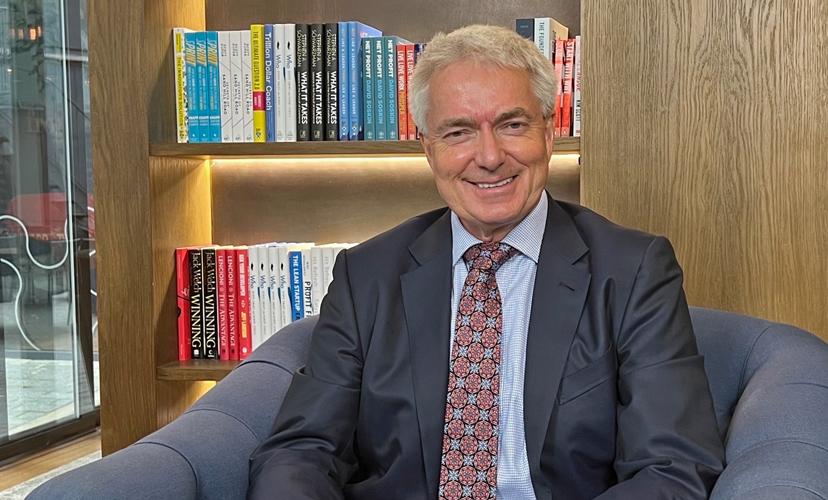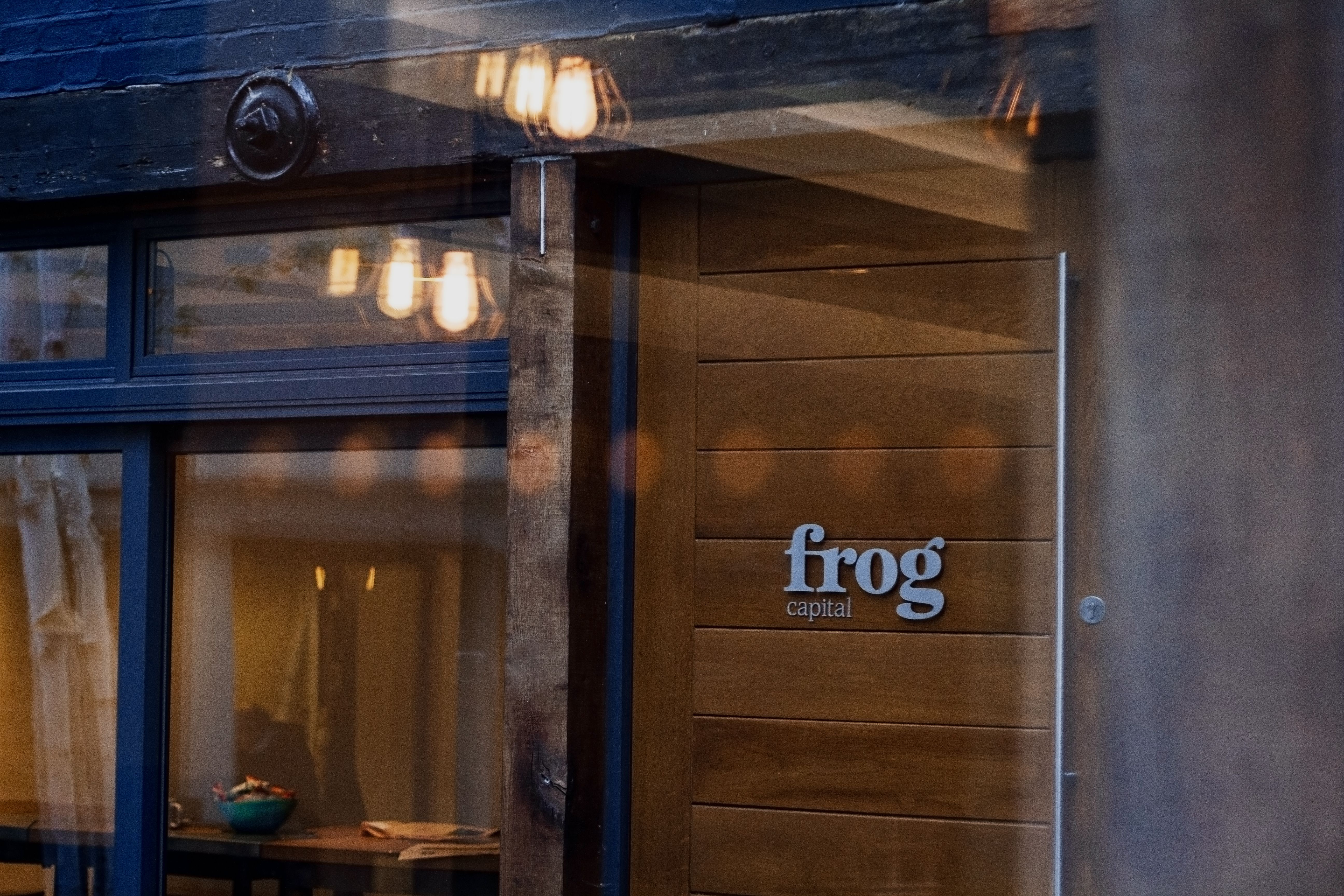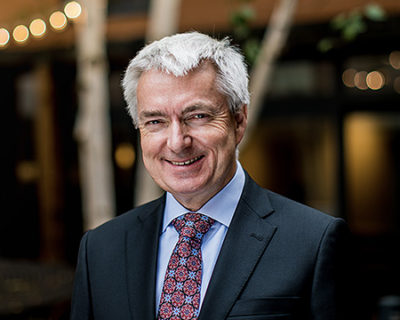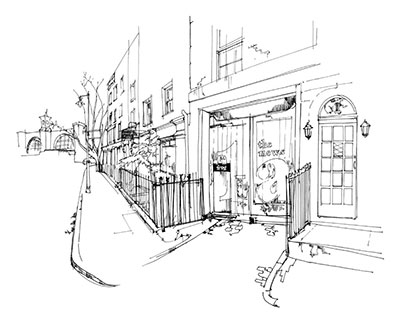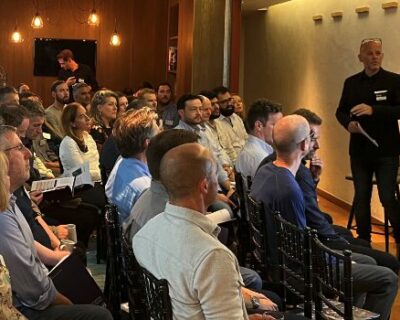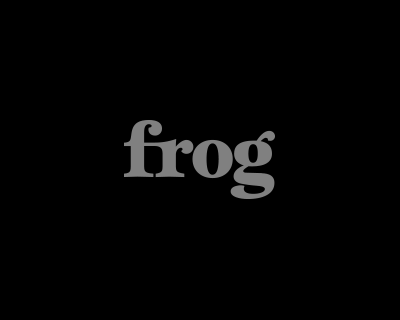From his 15 years as CEO to multiple growth-stage tech companies to his 11 years as partner of highly successful Swedish venture capital firm, Creandum, Martin Hauge is an established authority in early-stage growth and investment.
One year on from joining Frog Capital as the company’s non-executive chairman, we spoke with Martin about the firm’s achievements, the venture capital community, and what the future holds for Frog Capital.
From founder to investor, you have had a variety of experiences with venture capital over your career. Could you explain how you came to sit on both sides of the VC table?
I’ve been an investor for 15 years. Prior to that, I had a very successful experience as an entrepreneur, CEO and founder across Europe, including becoming General Partner of Creandum, whose previous investments include Vivino, iZettle, and Spotify. After seeing both sides of the investment industry, around three years ago, I made the decision to return to angel investing and I now run my own business investing in early-stage companies and funds.
What made you take the decision to join Frog Capital?
One of the first things I remarked about Frog was what an outstanding team they have: they are great people to work with.
My interest in Frog really stemmed from becoming aware of their expertise in scale-up investment. Most of my experience within the investment world so far has been in early-stage funding and, though many of these companies may have expanded greatly since, until now I hadn’t been presented with an interesting opportunity to join a fund who are true specialists in growth-stage funding.
Equally, I may have travelled through there many times before for business, but Frog’s HQ location in London was very appealing. It’s an exciting place with a vibrant venture capital community and brilliant investment networking opportunities.
What have been the highlights for you so far of working with Frog?
We have achieved so much together over the past 12 months – there are three areas in particular that come to mind.
Firstly, I have seen Frog’s profile elevate greatly since joining the organisation. At the time, I saw them as more of a hidden gem. Today, they are quite rightly renowned within the VC world, sought after by VC firms and investors alike as well as regularly speaking at industry events.
Secondly, Frog’s working processes have matured to the next level. Today, I would say Frog have one of the most advanced sourcing systems in the VC community. It is an extremely systematic way of following opportunities in the market and incorporates networking with portfolio entrepreneurs as well as other investors and partners of Frog Capital.
In addition, Frog’s Scale-Up Methodology is very exciting. Scale-up CEOs still make too many of the same mistakes as the generation before them. Frog is onboarding learnings from a wide range of experienced scale-up executives to support the next cohort of scale-up CEOs. This is a very attractive toolkit that I wished I’d had when I was a CEO.
One final thing to mention is how much the team has developed over the past year. With the addition of new skillsets and new faces, we have moved from recognising the value of diversity and talent to making both a priority. We now have a truly talented, experienced and multilingual team delivering an outstanding performance. Equally, we are delighted to have recently welcomed Shirin Dehghan, Founder and former CEO of Arieso, as Frog’s new Senior Partner. She has been a great addition to Frog Capital since joining this year.
With your expertise in this market, how do you envision Frog’s future within European VC funding?
Frog is already playing a major role in the European tech funding space. They truly fill a gap in the VC market. Over the years, there has been a worrying growth in the number of early-stage investors. It is becoming an overcrowded market. Then there are the big players, the US investors looking into bigger opportunities. There is a vast space between these two extremes where there are very few companies operating. Frog Capital is one of these firms – they fill a gap there today and will continue to fill that gap in future in both the UK and the European market.

